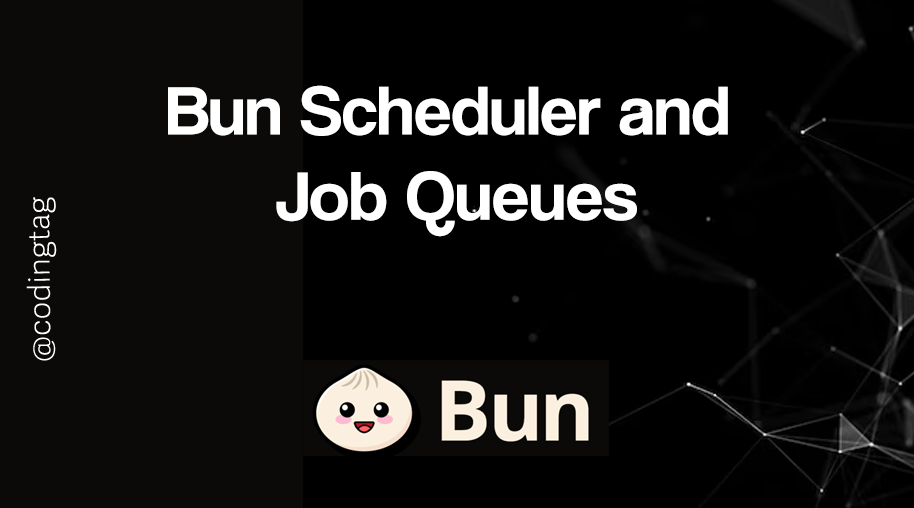Bun.js with TypeScript
0 1803
📦 Getting Started with Bun.js and TypeScript
Bun.js is revolutionizing the JavaScript runtime space with its incredible speed and modern features. But what makes it even more developer-friendly is its seamless support for TypeScript right out of the box! 🎉 No more configuring compilers or worrying about build steps — Bun handles it for you. In this tutorial, we'll walk you through using TypeScript in Bun.js projects step-by-step.âš™ï¸ Why TypeScript with Bun.js?
Using TypeScript in your Bun.js project gives you the best of both worlds:- Type safety to catch bugs before they happen
- Better developer experience with autocomplete and tooling
- Native support with zero configuration
📠Setting Up a Bun + TypeScript Project
Let’s kick things off by creating a new Bun project with TypeScript support.
bun init
// tsconfig.json
{
"compilerOptions": {
"target": "ESNext",
"module": "ESNext",
"moduleResolution": "Node",
"strict": true,
"esModuleInterop": true,
"jsx": "react-jsx"
},
"exclude": ["node_modules"]
}
🧪 Writing Your First TypeScript File
Create a file namedindex.ts and add the following code:
// index.ts
function greet(name: string): string {
return `Hello, ${name}! 👋`;
}
console.log(greet("TypeScript + Bun"));
bun index.ts
📦 Importing ES Modules in TypeScript
You can import other `.ts` or `.tsx` files just like you would in a standard ES module project:
// math.ts
export function add(a: number, b: number): number {
return a + b;
}
// index.ts
import { add } from "./math.ts";
console.log(add(3, 4)); // Output: 7
.ts) when importing — this is how Bun resolves modules.
ðŸ› ï¸ Installing TypeScript Types
If you're working with packages that require types, you can install them via Bun just like npm:
bun add @types/node
🔠Running Type Checking
Even though Bun runs TypeScript files without compiling, you should still type-check your code using:
tsc --noEmit
🔥 Bun with tsx for Hot Reloading
Want hot reloading for your TS files? Use thetsx package:
bun add -d tsx
bunx tsx watch index.ts
✅ Conclusion
Bun.js and TypeScript are a match made in developer heaven! With Bun’s native TypeScript support, blazing-fast execution, and no bundling overhead, your dev experience becomes super smooth. Whether you're building CLIs, APIs, or full-stack apps, combining Bun with TypeScript gives you confidence, clarity, and raw performance. Ready to code faster and safer? Bun + TypeScript has got your back. 💪ðŸ°If you’re passionate about building a successful blogging website, check out this helpful guide at Coding Tag – How to Start a Successful Blog. It offers practical steps and expert tips to kickstart your blogging journey!
For dedicated UPSC exam preparation, we highly recommend visiting www.iasmania.com. It offers well-structured resources, current affairs, and subject-wise notes tailored specifically for aspirants.
Start your journey today!

Share:







Comments
Waiting for your comments